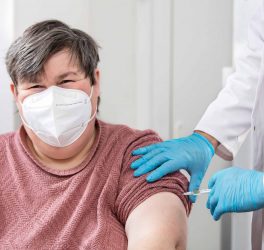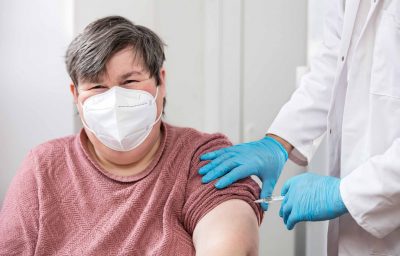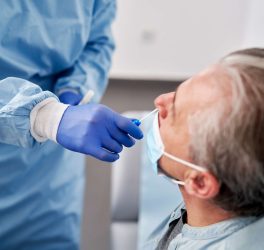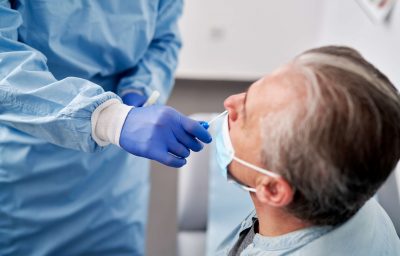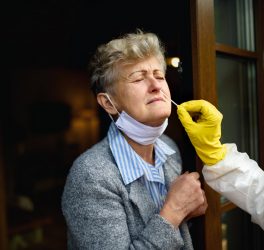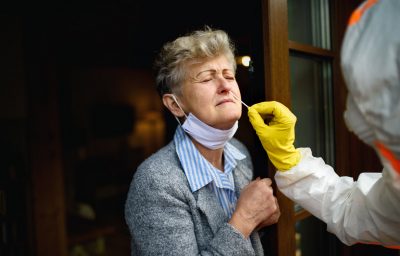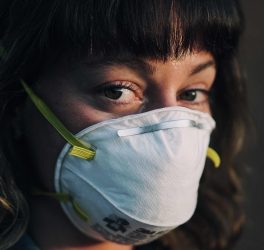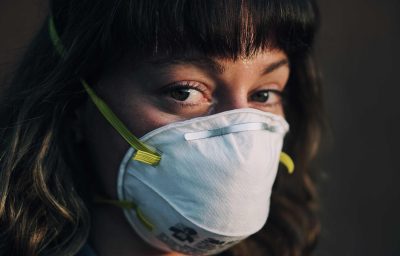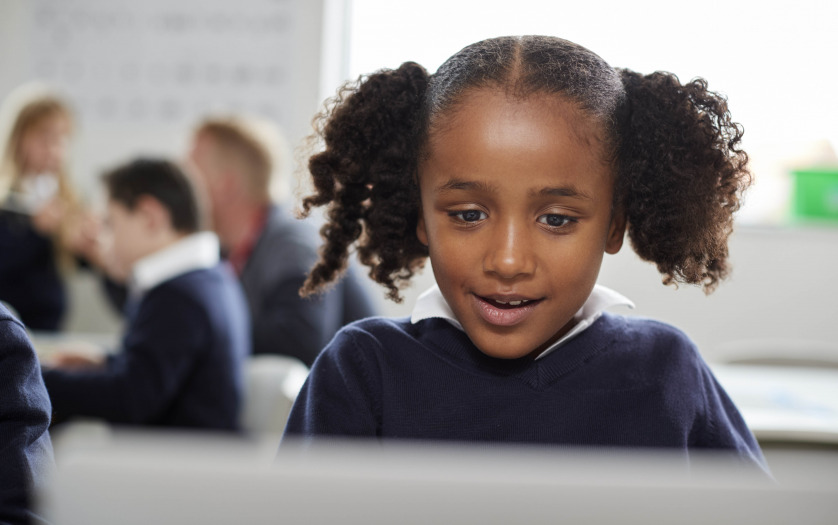
The education of some 760,000 children with disabilities in California has been patchy since schools were closed in March with the onset of Coronavirus pandemic. This has not only led to the disruption of studies for children with disabilities and special needs but has led to the diminishing of hard-fought educational gains.
The parents are worried and fear that losses will be compounded with more distance learning ahead, according to educators, parents, and student advocates.
The state has mandated that school districts continue to provide special education to students with disabilities as required by federal laws but has waived timelines that allow students to receive assessments and services quickly.
Special education attorneys in say hundreds of clients, especially economically disadvantaged students, and foster youths, overwhelmingly are not receiving the education or services they are entitled to, nor are students who need assessments to receive appropriate care.
“It would be a mistake for anyone to say, ‘Well, we’ve never done this in distance learning before and we’re just not going to do anything at all.’ That goes against everything that we know about the guarantees that students have to receive a free and appropriate education,” State Superintendent of Schools Tony Thurmond was quoted as saying in an agency report.
Yet the personal stories of parents and educators grappling with these responsibilities reveal overwhelming challenges, failed attempts to secure help, and, ultimately, the realization that in many cases, the direly needed hands-on services of therapists are not performed well through a computer screen.
“I have spent most of the summer rethinking… how do we take these evidence-based practices in an online environment? How do we provide equitable access to the families that need it the most?” said Paul Luelmo, a professor of special education. “I wish I had the answers, but I don’t.”
In the absence of one-on-one help, parents have become teachers, occupational therapists, and speech therapists.
Myla Tan is regressing. She’s lost much of her curiosity, is unwilling to explore her home, or flip through books as much as she used to and her father feels helpless.
The 6-year-old is deaf, blind in one eye, and has cognitive delays, heart issues, and other physical difficulties that are part of CHARGE syndrome, a disorder caused by a gene mutation. At her elementary school, she had a one-on-one aide. At home, she has three siblings and two parents trying desperately to offer some semblance of education.
“I don’t feel comfortable doing this,” Simon Tan said of trying to follow the directions of her professional therapists and teachers through a computer. “If somebody asked me just from a standpoint of – are the special education services sufficient? The answer is blatantly no, in no way are they sufficient.”
And Tan knows about these issues. He is a clinical neuropsychologist at Standford Hospital. Yet like so many parents, he is overwhelmed by the daily responsibility of carrying out his child’s therapies amid coronavirus-forced school closures.
Data from the Los Angeles Unified School District, which has 64,000 students who require special education services, show that they were disproportionately absent from online learning platforms last spring. Only about half of LA Unified’s middle and high school students with disabilities were active once a week on, one of the district’s primary learning platforms, by late May, according to a district report. That’s about 15% points lower than the rates for students without disabilities.

